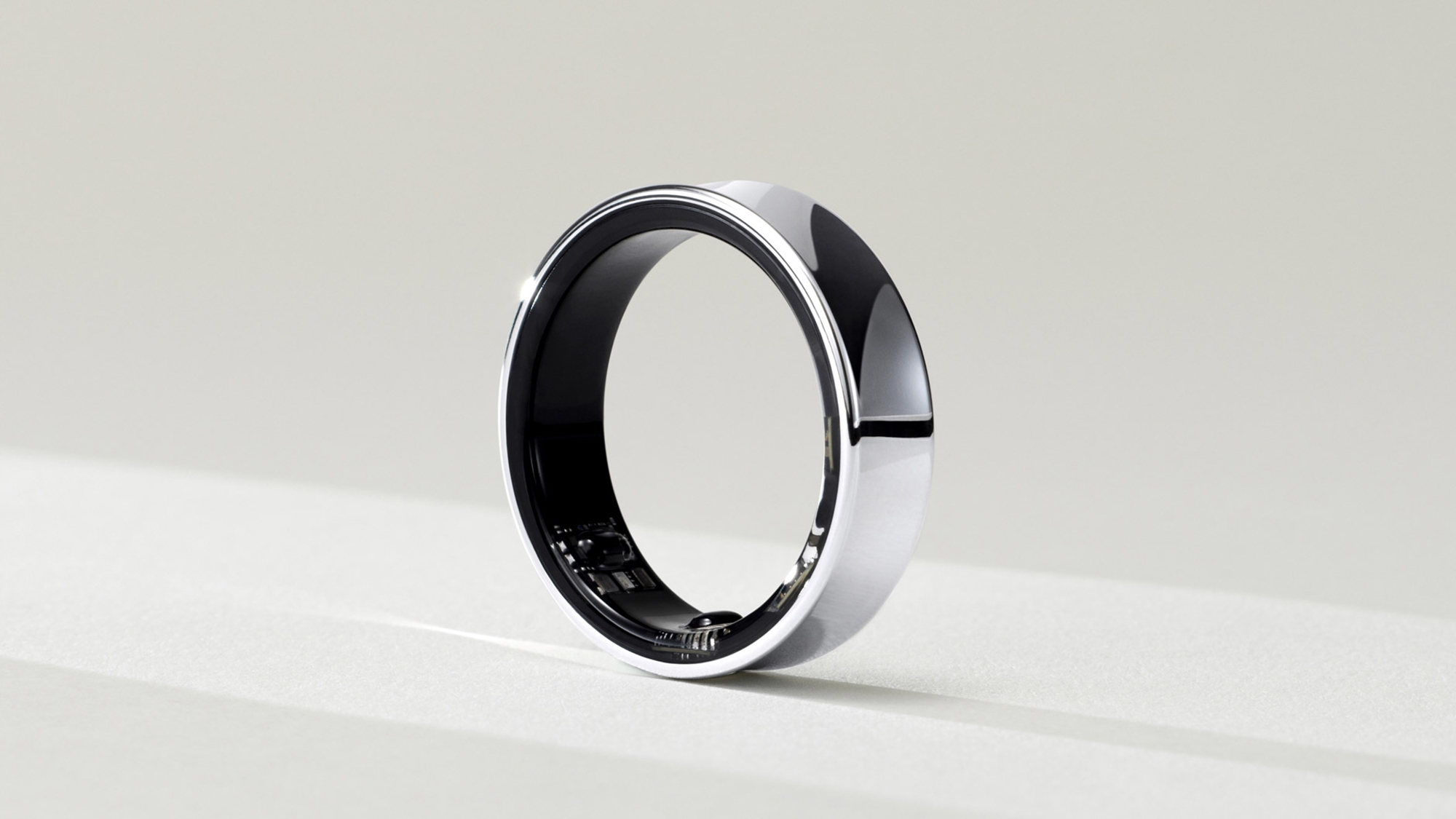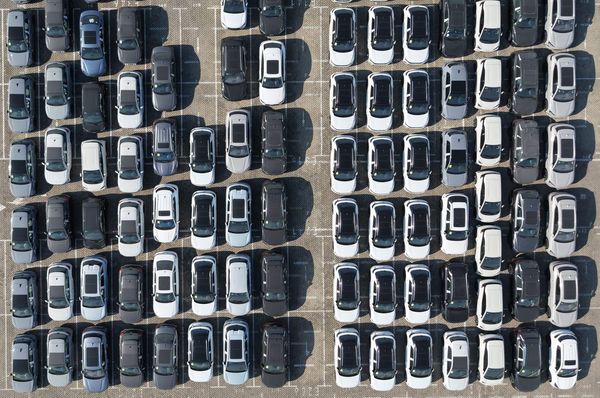
If you're looking for a great smart ring that won't cost you the Earth, there's a new name in town. Black Shark's smart ring has hit shelves and offers plenty of health tracking sensors alongside a price tag that's less than $100.
The trouble, though, is it remains only available in China at the time of writing. Still, if you have 599 yuan to spend (that's around $82 / £66 / AU$129), it's certainly feature-packed.
As we mentioned in our previous coverage, the Black Shark smart ring offers many comparable features to the upcoming Samsung Galaxy Ring, meaning it's adept at health tracking, with sensors that cover heart rate, blood oxygen levels, step counts, and menstrual cycle tracking all from a slick ring you wear on your finger.
It even has a click gesture that can be assigned to an app or action, and an alert light. Similarly to AirPods, it comes with a charging case that can help you get around 180 days of battery life without needing to reach for a plug. Without it, though, the internal battery is actually smaller than some competitors.
Still, at just 2.2mm thin and with a waterproof rating of 5ATM, it could easily slip into your life should it arrive in other countries at a similar price point.

When will it be available elsewhere?
Regularly charging the smart ring in a carry-case like earbuds is an unusual option for a smart ring, and not one we've seen before. Smart rings thrive on continuous wear, so we'd be intrigued to see just how long the ring can hold out. A day? Two days?
Black Shark may not be a brand you've heard a lot about, but its parent company Xiaomi is. The brand has a rocky history with launches outside of China: Back in 2016, its phones were subject to additional "certification procedures" in the US, followed swiftly by a dispute with the US government during the Trump presidency,
The lack of Xiaomi phones in the US may prevent this potential addition to our best smart ring list getting widely adopted there, although Xiaomi does make some of the best phones and is more popular in the UK and Australia, so perhaps a slow roll-out in other territories is on the cards.







